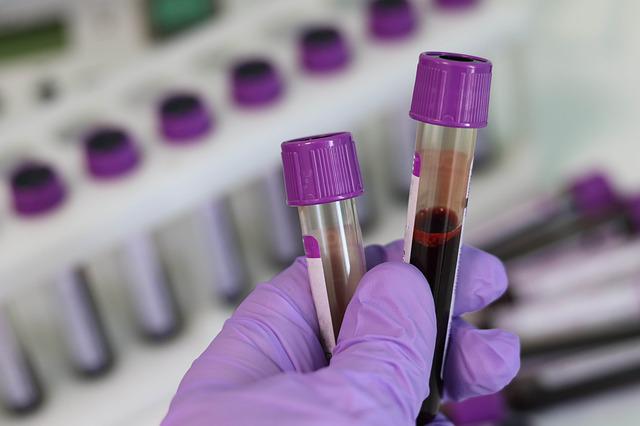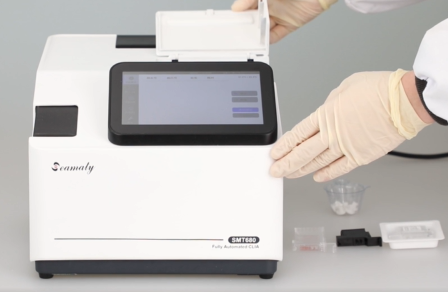The source of all diseases - blood problems
Blood is an important part of human life, and it can be said that without it, people cannot survive. But do we really understand blood? Do we really know what this life-shaping substance is all about?

Why do we always need blood tests when we are sick?
Blood is a mirror that reflects the "whole body information", and blood is the body's "contact person". By observing the state of blood, we can understand the state of organs and tissues of the whole body. Therefore, blood reflects the information of the whole body like a mirror.
1. Blood tests are an excellent indicator of health status
Blood tests can even be considered a mandatory part of a physical examination. If there is an abnormality in one part of the body, its effects will also show up in the blood composition. Conversely, analysis of blood composition can also reveal the condition of a body part.
In a general blood test performed as part of a health examination, 10 to 20 milliliters of blood is drawn with a syringe and its status is analyzed.
There are various names for the items in the blood test. The items other than cells are the trace components contained in the blood serum. By checking whether these components are too much or too little, the health status of the body is observed.
2. Related blood tests often used in hospitals
1) Routine blood tests
In most hospitals, routine blood tests are usually performed using a five-classification hemocytometer. The test results are more accurate than those of the trichrometer. Routine blood test is one of the most common tests, mainly to check anemia, infection, bleeding disorders, etc. Routine blood test is a blood test, including white blood cells, white blood cell classification, red blood cells, hematocrit, platelets and related parameters.
Only about 2 ml of venous blood is needed for this test. For infants, 2 drops of blood is sufficient. Before the test, the patient should be fully relaxed and avoid strenuous exercise and emotional stress to avoid false elevation of the blood picture. If you are using antibiotics, aspirin, chemotherapy drugs, hormonal drugs, etc., you should stop using them. Those who cannot stop the medication should explain to the laboratory doctor. When you have a fever, it is best to have a laboratory test before using medication.
2) Blood biochemical six tests
①Alanine aminotransferase.
②Creatinine.
③Urea nitrogen.
④Serum glucose.
⑤Triglycerides.
⑥Total cholesterol.
Alanine aminotransferase (aminotransferase) is a measure of impaired liver function. Transaminases are found in the mitochondria of liver cells. Whenever inflammation, necrosis, or poisoning of the liver occurs, transaminases are released from the liver cells into the blood. (Therefore, disorders of the liver itself can cause varying degrees of transaminase elevation).
Creatinine and urea nitrogen are an indicator of kidney function. When kidney function is impaired, metabolic wastes are not excreted from the body, resulting in the accumulation of large amounts of nitrogenous wastes and other toxic substances in the body and the disruption of internal environmental homeostasis.
Serum glucose is an indicator of blood glucose concentration in the blood. It is important for diagnosis as well as guiding the treatment of diabetes.
Triglycerides and total cholesterol are an indicator of the level of lipids in the blood. Lipids are a general term for the various lipids in the blood. The most important of these are cholesterol and triglycerides.
An increase in either cholesterol, triglycerides, or both is collectively called hyperlipidemia. Hyperlipidemia has a close relationship with coronary heart disease, especially if cholesterol and triglycerides are both elevated, the risk of coronary heart disease is greater.
Blood is a mirror that reflects the "whole body information", and blood is the body's "liaison". By observing the state of the blood, we can understand the state of the organs and tissues of the whole body. Therefore, blood reflects the information of the whole body like a mirror.
In general, blood is an important piece of information that reflects the condition of the body. And
biochemical tests are the analysis of the levels of various chemicals in the blood. Together, they help doctors diagnose and treat diseases for their patients.



